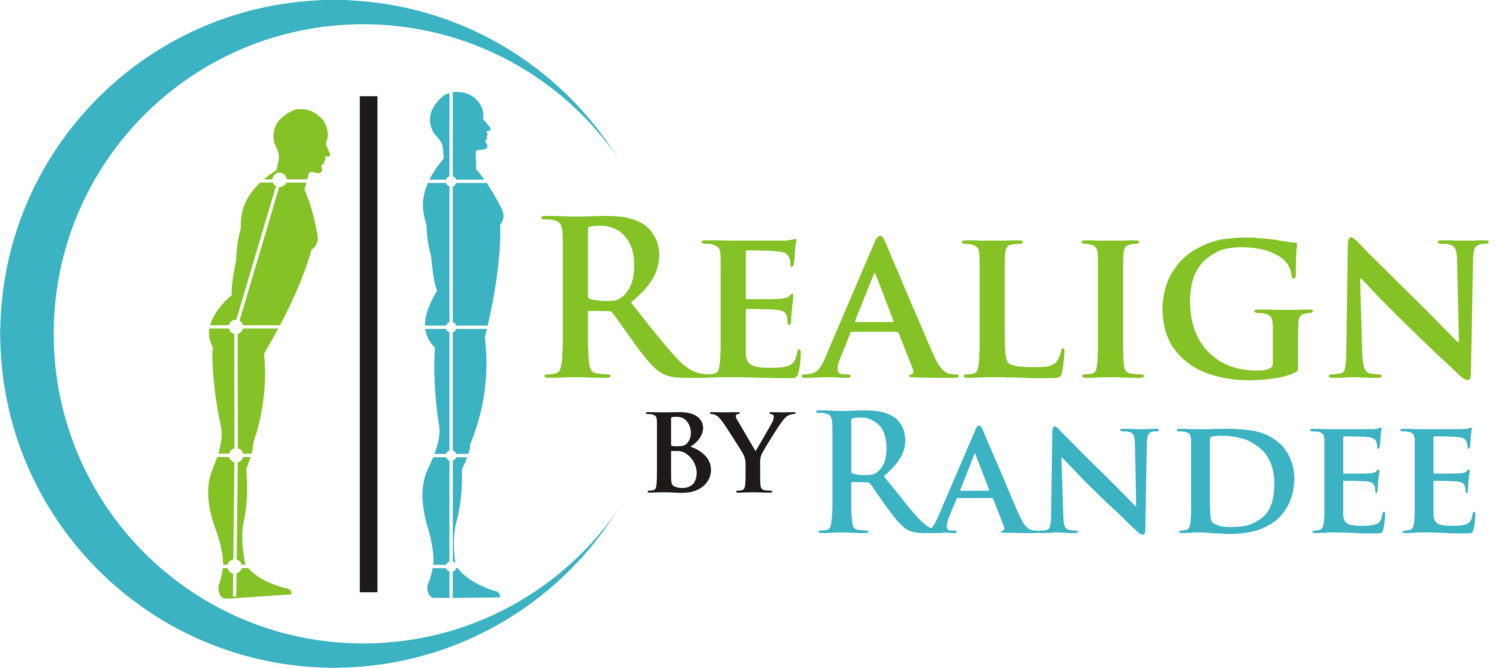Shoulder pain, Rotator cuff tear, tendonitis, bursitis -shoulder surgery?
Head to Toe Series Part 6 Shoulder
The shoulder is designed to be the most mobile joint in the body. We are meant to use so much more motion in our shoulders then we do. Our world of technology, convenience and luxury takes away our need to use our shoulders. We predominantly end up using them in an area right in front of our body - from our chest to our mid-thigh. Our common tasks are computers, phone, tablets, books, remote controls, cooking, and washing dishes.
The other shoulder motions happen sometimes if you play tennis, reaching overhead for the occasional suitcase up high, and even throw a ball when playing catch - We lose the available motion not because of age but, because of lack of use.
As posture changes, the head comes forward, the shoulders round, our trunk bends in the upper back. Therefore, the box we move in shrinks and the shoulder moves less. Then some muscles are not getting used and other muscles start working extra to help out.
If you get a sudden shoulder pain it is like an early alarm system creating less movement out of fear and caution. When it is chronic or maybe a frozen shoulder the square of space in front has now shrunk even more.
It is a common saying after an onset of shoulder pain, “I shouldn’t have carried…..” I shouldn’t have played that much golf.” Shoulder pain can be very surprising. “ I shouldn’t have done that house project….” Not realizing that the problem started before the activity with the limited use of our full arm range of motion regularly. If you are not feeling pain - sometimes it presents more as stiffness or tightness.
The typical diagnosis after such an episode is tendonitis or bursitis which mean swelling and pain. They are symptoms caused by -you guessed it -misalignment.
What about the connection of these, important shoulders, to the spine. Yes, remember the “body is a unit” -Pete Egoscue. There is the obvious tie to the body as a whole. What you might not realize is happening is subtle repositioning of one shoulder more forward because the opposite hip doesn’t move quite as well. Supply and demand is not just about business. It is the same in the body. Muscles and joints are interconnected with demands of movement on our body. If we stop the demand, the supply of movement dries up in certain areas of the body - There comes the symptoms.
Rotator cuff tears or labral tears can be a great source of pain while you sleep. They can be frustrating and surgery is sometimes needed. But,surgery or no surgery if the position of your shoulder is elevated and jacked forward the pain might return or show up in some other part of the misaligned chain.
I can’t believe how many clients are surprised at the limitation in their shoulder blades movement when starting posture therapy - I know many of you are saying - that was me! It is a surprise when you realize things about your body that seem so simple.
Our lymphatic system is important for toxin removal and for our immune system. If we don’t move a lot in our shoulders we are not stimulating the natural pump system for our lymphatic system in the upper portion of our body. We could all use our immune systems to full capacity.
Self-test- 1st stand with feet turned out and let your shoulders round forward and raise both arms up and notice how far you can raise them comfortably. 2nd stand with your feet pigeon-toed (toes touching) and let your shoulders roll-back and raise your arms again as far as you can without any pain or discomfort. Notice the difference between the two positions and the ease of raising your shoulders. The position of our feet and hips influence the space and freedom of movement in our shoulders.
Tip Time
Shoulder blade squeezes sitting upright or standing with or without your back against a wall.
Incorporate more reasons to move and use your arms outside the box. Set-up some frequently used items with a higher reach to encourage more movement.
Put your hands behind your head and walk around for 1- 2 minutes pulling your elbows back as long as it does not cause pain.
